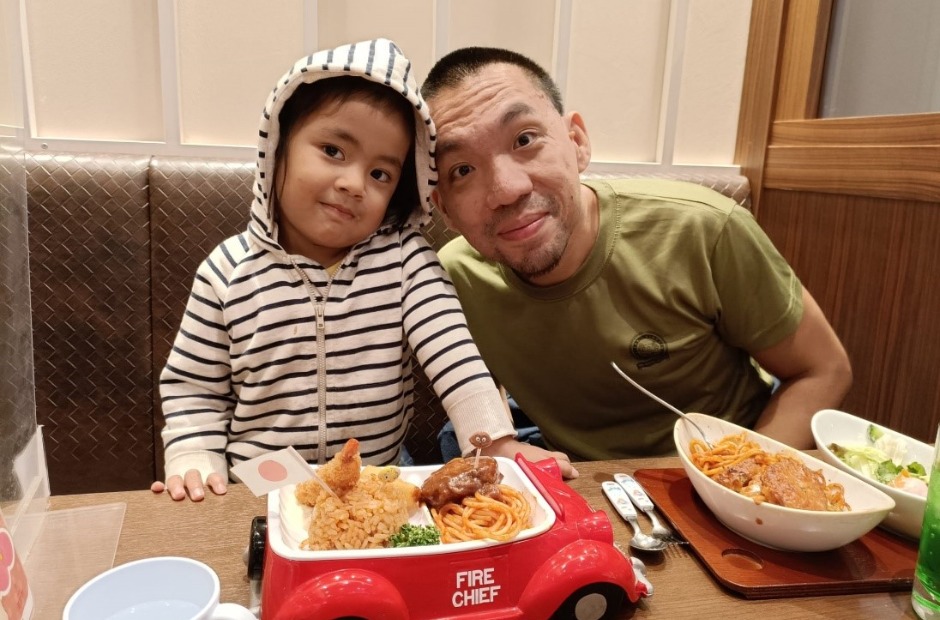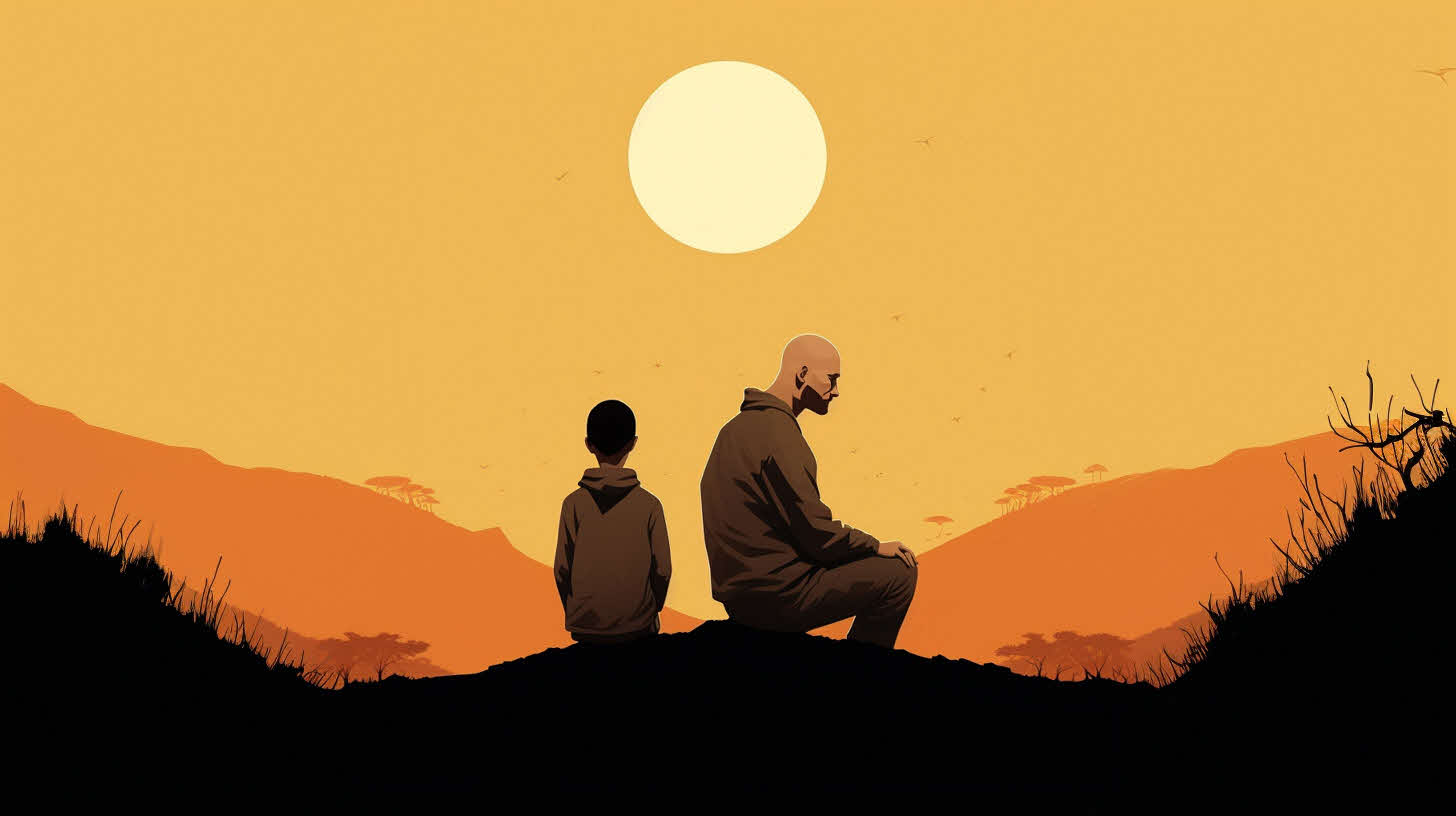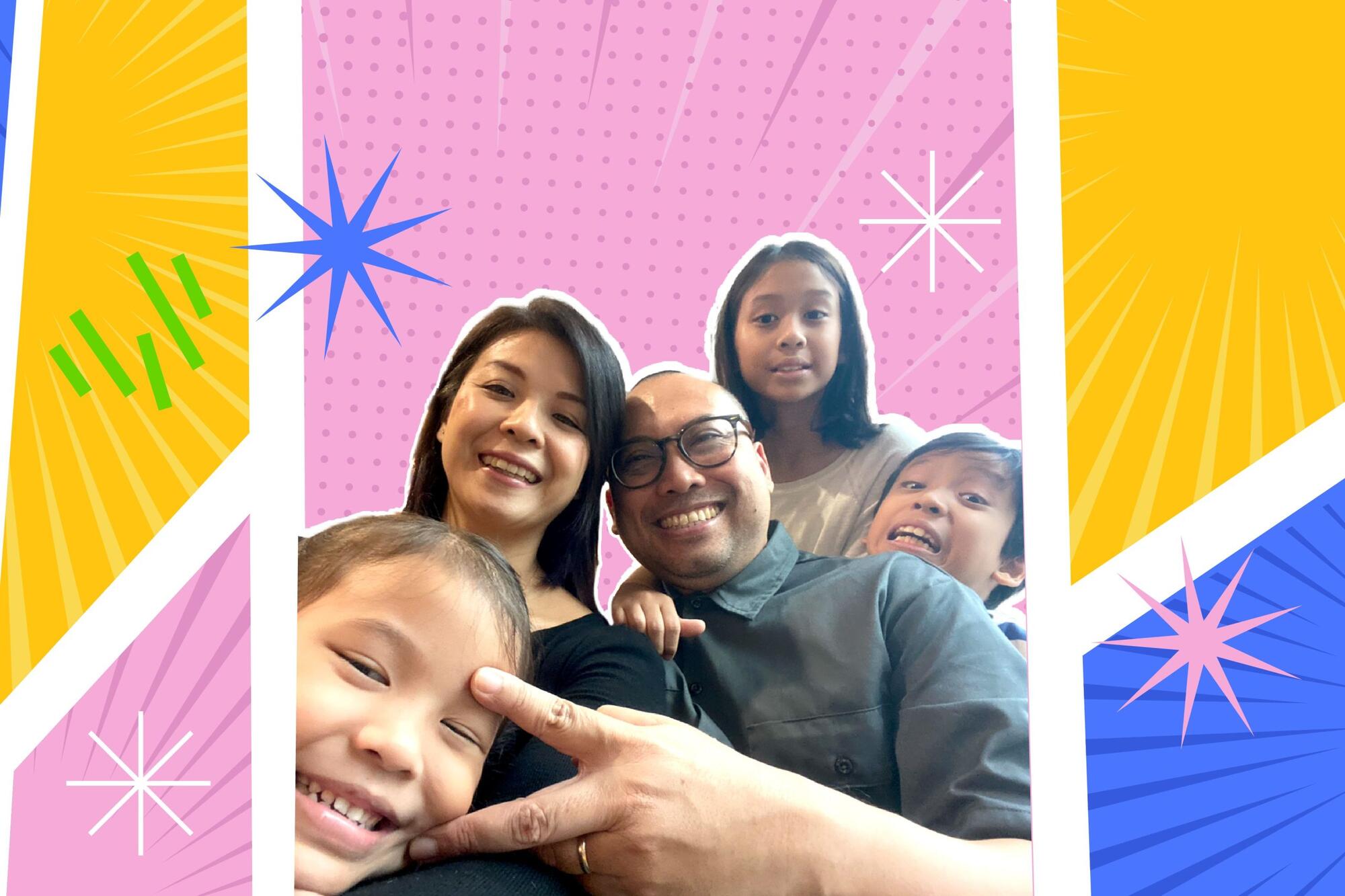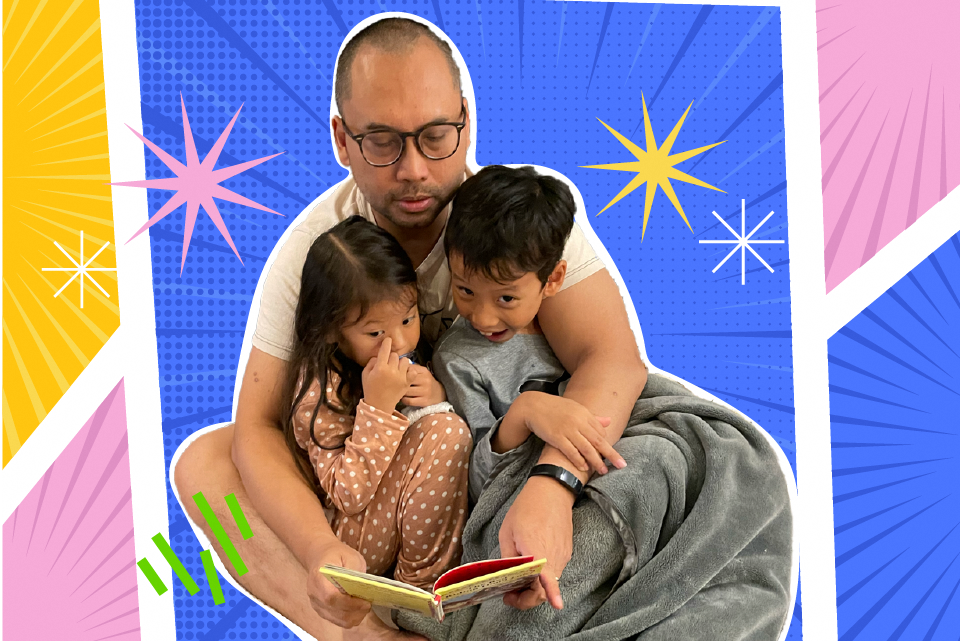‘I never knew what I wanted to do!’ Teacher turned game designer on how he found his dream career
29 Aug 2023

Dr Daryl Chow lives out the adage that when you love what you do, you never have to work a day in your life. The father of one talks about how he gave up a steady job to become an entrepreneur.
Growing up, Dr Daryl Chow, like most other children, loved to play games of all kinds. Board games, video games, card games — you name it, he’s played it. He’s also designed and published more board games than most people have played, even keeping the very first board game he made when he was in Primary 4 for school.
“It was a board game for a book called From the Mixed Up Files of Mrs. Basil E. Frankweiler, which I made and designed in place of a traditional book report. To this day, I’m still thankful I had such a flexible teacher then, who didn’t cramp my style!” he laughs.
Unlike most other children, Dr Chow never gave up on his hobby when he grew up. Instead, he buckled down and decided to design board games full-time, after a decade of dabbling in it at the side while he worked at his day job of teaching linguistics at the National Institute of Education.
“To be completely honest, I never truly dreamed of being a board game designer, even when I was young. I never actually knew what I wanted to do!” says Dr Chow sheepishly. “So I just kept on with my studies and doctorate research while always playing games as my preferred mode of relaxation.”
Why take games so seriously?
Most people may think that games are frivolous and for children, but not Dr Chow.
He explains, “I see games as a means of carrying our identity and culture in a very experiential medium, transcending barriers like age and nationality.”
So for Dr Chow, his games are an important way to show the world what makes Singapore culture special.
“Take, for example, our ‘kopitiam’ culture. How do you explain it to someone who isn’t from Singapore? They have to come here and experience it for themselves to get what it means, right?” says Dr Chow, excitedly. “Well, I think we’ve managed to represent a big aspect of it – the ordering of the humble coffee, tea, and Milo, in a dizzying array of permutations, in our game, “Kopi King”, where players have to make the unique drink combinations on the cards and serve them up.”
“I think people who play the game will find it much easier to grasp this aspect of “kopitiam” culture when they actually have to “make” the different drink combinations as part of the game.”
Another reason why Dr Chow is so passionate about games is because he sees it as an experiential way for the younger generation of Singaporeans, like his daughter, to remember local stories and legacies.
Turning his hobby into a career
Was he ever dissuaded from trading in his teaching career for this life of play?
“No, never. Maybe I was lucky my sister already met my parents’ expectations of a ‘proper’ job by becoming a doctor!” he laughs cheekily.
“But in all seriousness, my parents left it up to me to explore my interests as a kid. That helped give me the space to try lots of things in my time.”
He sees his current job as a culmination of all of his interests in linguistics, culture and research. To design a game, for example, he researches and tests it before launch – a process he thoroughly enjoys.
“It was only when I decided to pursue game design full-time, setting up Origame four years ago, that I found myself adequately engaged in all aspects of my work, and I can’t imagine doing otherwise now.”
When he talks about the latest game in his line-up, Oh My Orchids, he lights up about having the perfect excuse to speak to the orchid experts at the Botanic Gardens: “This really spoke to my research background and excited me!”
Dr Chow does admit that it was initially tough to make a living from making board games, because it is a “very niche job”. But seeing how Japanese game-makers were so passionate about what they did, treating the process of game design as an art form in itself, Dr Chow was inspired to take the plunge.
For budding game designers, Dr Chow suggests tapping on crowdfunding platforms like Kickstarter and GameFound. These platforms, he explains, can help in expanding markets beyond Singapore, which is key to profitability.
The good news is that more and more people are interested in board games – he cites the turn-out at the inaugural Asian Board Games Festival organised by Origame.
“We held the first event in 2019 with just about five board game design publishers onboard. In 2022, we brought the festival back five times bigger, with more than 25 publishers from 11 countries participating, and a turn-out of about 2,000 people.” It has turned out to be the largest English-speaking board game event in Asia.
Learning more languages to be more adaptable
When asked what kind of parent he thinks he is to his young daughter, Dr Chow turns quietly introspective.
“I hope I can always be a parent who supports her in whatever she chooses to do, so that when she’s grown up, she can do what she wants with confidence,” he says, softly. “I also see my role as her dad now to expose her to as many different things as possible in her childhood, when she’s most impressionable and open to new experiences. And as she grows up, I think it is important for me to keep the conversation around her interests open, helping her to discern which of her interests are genuine and which are just passing, which time and aptitude will be able to help tell apart.”
To broaden her view of the world and its possibilities, he exposes her to new languages, which he acknowledges has helped him tremendously in his work as he travels the world to share his love for board games with people from various countries. He has since picked up functional Japanese and basic conversational Thai and French.
He has been speaking to her exclusively in Japanese since she was born, hoping that speaking a different language would help her widen her perspectives. To his delight, they have been able to hold little conversations about her perspectives on her daily life. “No scholarly or heavy topics for sure!” he laughs.
“From my time studying language acquisition in school, I know that children have a very fluid concept of how language works and that they are able to handle different languages well,” explains Dr Chow.
“I also read Japanese books to her, which she loves. I think for me, it’s about building her adaptability. And she’s been pretty adaptable so far, and can switch languages according to who she’s speaking with: she speaks Japanese to me, English and Cantonese to her mum, and English in school.”
It is precisely this openness to different cultures and situations that Dr Chow hopes his daughter will grow up with and take with her into adulthood, believing that her ability to embrace diversity will put her in good stead for facing the future head-on.
“I take her on work trips with me when I go overseas for meetings or conventions, just because I think she would enjoy it and because we have the time now,” he says.
With that, he doesn’t set many rules for her, and leaves her to explore without limits, within safety and reason.





